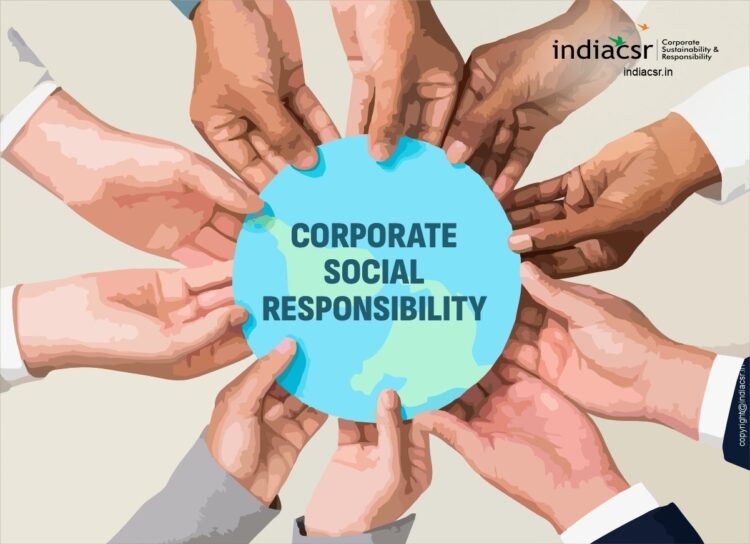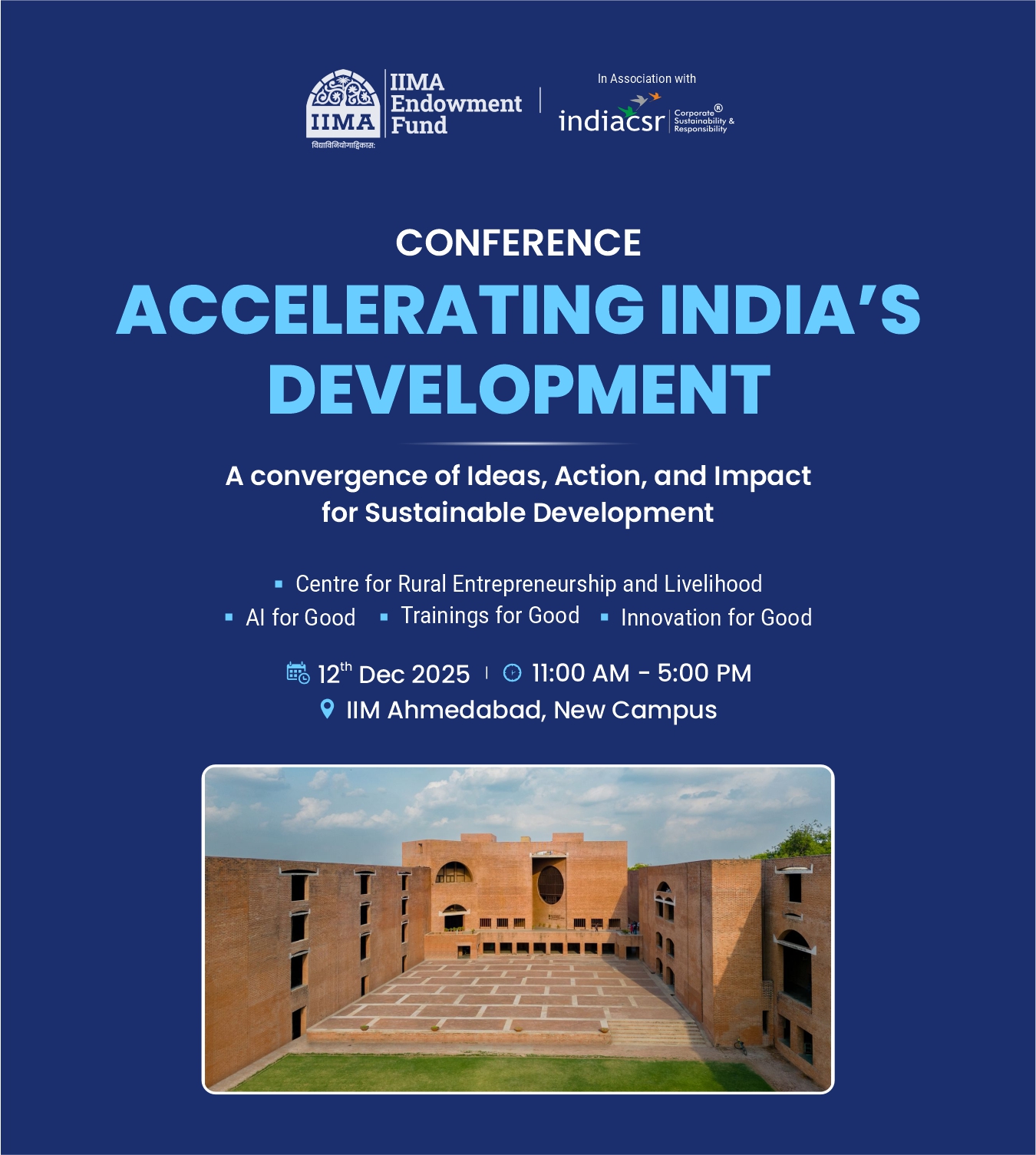NEW DELHI (India CSR): The United States announced the dismantling of USAID, sending ripples through India’s non-profit sector. For over a decade, USAID has invested over Rs 1,000 crore annually in health, sanitation, and energy projects, fostering innovation and systemic change. While foreign funding accounts for only 18% of India’s philanthropy, its loss feels monumental—not for its volume, but for its focus on research, risk-taking, and government partnerships. As India’s non-profits grapple with this gap, Corporate Social Responsibility (CSR) funds, mandated by the Companies Act, 2013, must evolve to prioritize innovation.
The USAID Legacy
USAID’s strength lay in funding early-stage pilots, research, and large-scale initiatives in collaboration with Indian governments and U.S. universities. Unlike most CSR grants, which are often single-year and tied to measurable outcomes, USAID supported riskier, long-term projects. For instance, it bolstered government health systems and scaled technology-driven solutions. With CSR contributing over Rs 30,000 crore annually—projected to reach Rs 50,000 crore by 2030—India’s corporate sector has the potential to fill this void but needs a shift in approach.
CSR’s Current Challenges
India’s CSR ecosystem, while robust, often prioritizes short-term, low-risk projects. Companies with profits above Rs 5 crore must allocate 2% to social causes, yet most grants focus on programmatic and administrative costs, not innovation. Ultra-High-Net-Worth Individuals (UHNIs) follow suit, favoring measurable results over experimental models. This conservative approach limits non-profits’ ability to pilot new ideas or scale successful innovations, areas where USAID excelled.
A Path Forward with CSR
The experience of Avanti Fellows, an education NGO, shows change is possible. By securing multi-year CSR commitments, Avanti has invested in open-source technology, curriculum development, and state capacity building. Corporate evangelists have played a key role in educating boards to fund high-impact, innovative projects. Collaborative funding models, where multiple partners co-invest, are also reducing risks for new programs. To replace USAID’s legacy, CSR must embrace longer-term, risk-tolerant grants to drive systemic change.
(India CSR)





